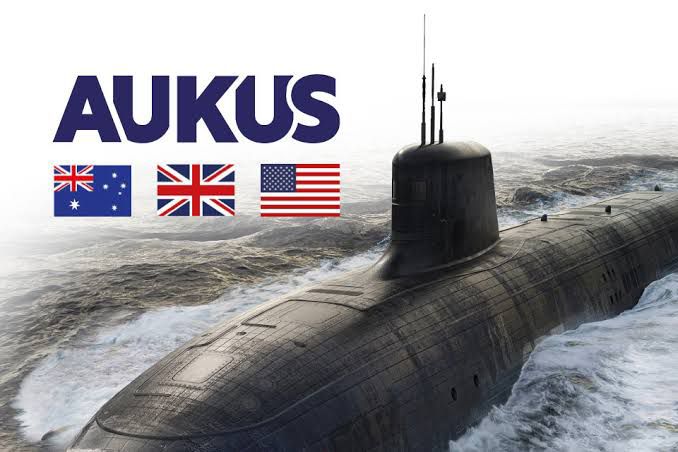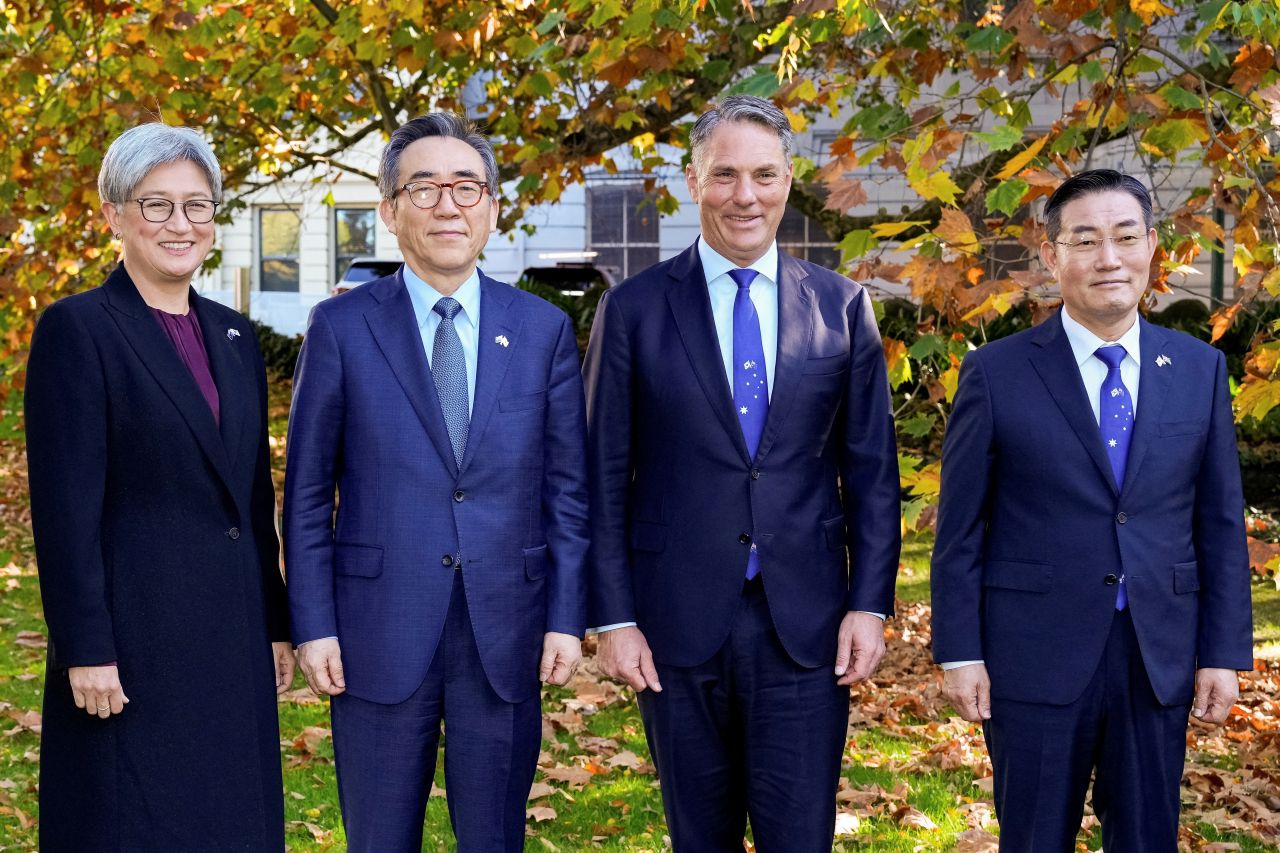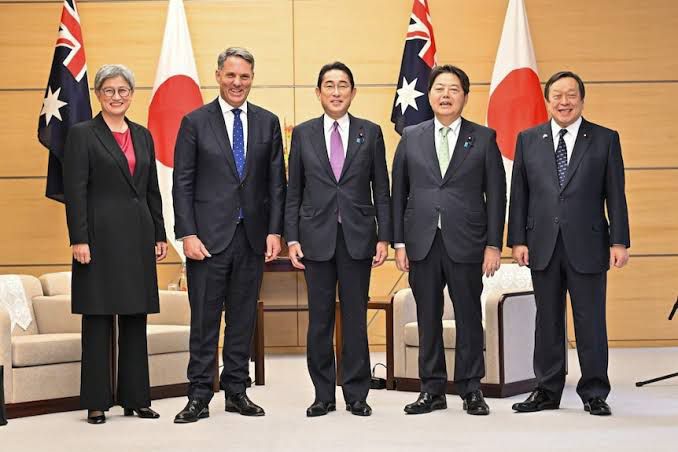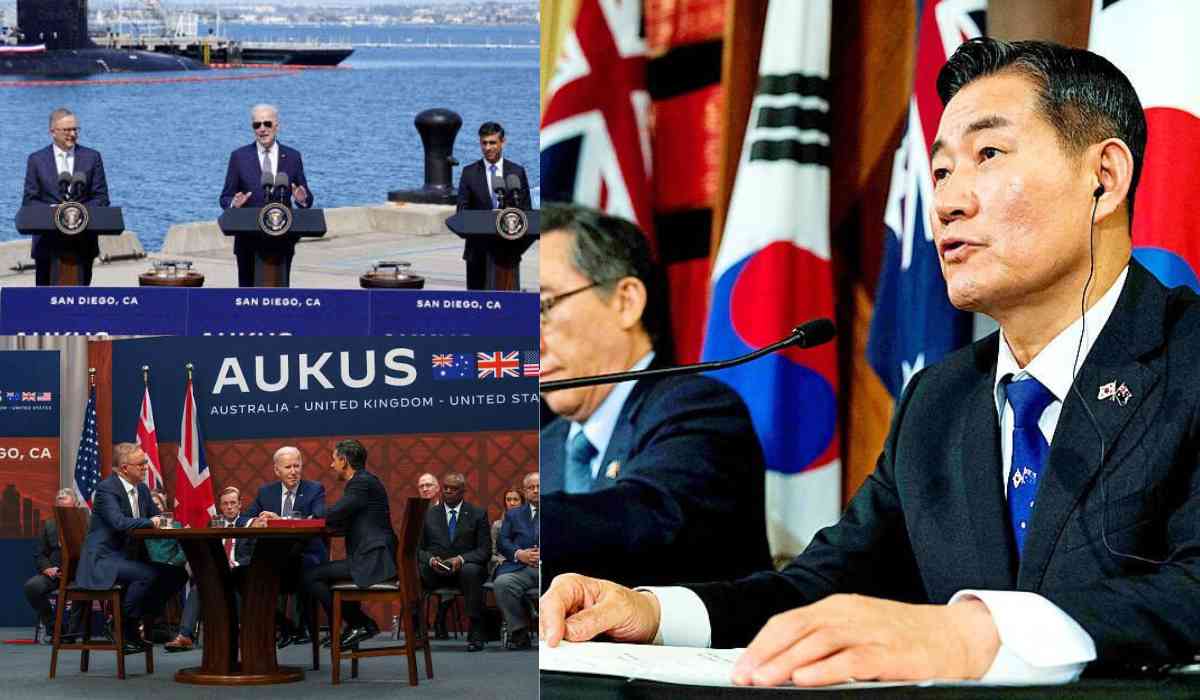South Korea has expressed interest in joining and is in talks with member countries including the United States, the United Kingdom, and Australia to Join AUKUS Pillar 2, following Japan's move toward formal talks to participate in AUKUS Pillar 2's technology development and sharing.
Korea’s Defence Minister Shin Won-sik clarified that “We discussed the possibility of partnering with AUKUS Pillar 2.”
“We support AUKUS Pillar 2 activities and we do welcome that members are considering Korea as an AUKUS Pillar 2 partner,” the defence minister said.
Why is South Korea being considered?
According to South Korean Defense Minister Shin Won-sik, the country is considering sharing cutting-edge military technology as part of the AUKUS "defence deal." As Seoul joins AUKUS Pillar 2, it means not developing nuclear submarines but rather developing hypersonic weapons, drones, and other cutting-edge technologies.
The AUKUS partners have demonstrated a strong desire to take advantage of South Korea's technological know-how in a variety of fields. In addition to having a strong defence sector, South Korea recently unveiled its own jet fighter.

2+2 Meet between South Korea and Australia
The foreign and defence ministers of South Korea and Australia met on Wednesday for a "2+2" meet in Melbourne to discuss a range of bilateral and regional issues. These included talking about Seoul's potential membership in a regional security alliance and the security cooperation between North Korea and Russia.
As stated by Seoul-based Yonhap News, this meeting was the first high-level engagement between the two countries in more than two years.
The potential involvement of South Korea in the AUKUS security partnership was one of the topics of discussion between the two nations. During a joint press conference following the meeting, South Korean Defense Minister Shin stated that Seoul's potential membership in a minilateral security partnership with the US, UK, and Australia will support "regional peace and stability."

Australian Defence Minister Richard Marles said, “Korea is a country with deeply impressive technology where we do have shared values.“As AUKUS Pillar 2 develops there will be opportunities in the future, and we’re seeing that play out in relation to Japan as well.”
“Korea and Australia are working together to uphold the rules-based order within our region and, in fact, within the world,” Marles added.
What is AUKUS ?
In 2021, the United States and the United Kingdom entered into an agreement with Australia, known as AUKUS, to supply the country with a fleet of submarines utilising U.S. nuclear technology.
This partnership could expand to include collaboration on various security technologies such as artificial intelligence, electronic warfare, and hypersonic systems under AUKUS Pillar 2.
The initial stage of providing nuclear submarine technology to Australia is restricted to a core group, However, there is potential for other nations to join a second phase, known as "Pillar 2", which aims to exchange various military technologies such as quantum computing and hypersonic missiles.

AUKUS is largely seen as a group of, or a two-stage security pact to counter China's rising military influence in the Asia-Pacific region.
China strongly opposed AUKUS and the decision to transfer US nuclear submarine technology to Australia. Moreover, China, a vocal critic of the pact, stated in April that the addition of new members would destabilise the region.
Japan and New Zealand Potential Members of Pillar 2
Canada, New Zealand, and Japan have also recently indicated their interest in joining AUKUS.
Japan is heading toward official talks to become a member of AUKUS Pillar II for the exchange and development of technology. However, the Japanese government finds it difficult to support Pillar II due to the significant role that nuclear technology plays within AUKUS. Japan's ability to design and produce state-of-the-art aircraft, landing platform dock vessels, and submarines reflects its advanced technological capabilities.

Along with Asian Nations like Japan and South Korea, the New Zealand government has also expressed interest in joining Pillar II, although no firm commitments have been made. However, Given its longstanding nuclear-free stance, New Zealand is unlikely to opt for Pillar 1 and is more inclined towards Pillar 2. Despite growing security concerns in the Pacific region and globally, officials have stated that a decision on joining AUKUS remains distant.
Photo Credit: Multiple Sources
(Inputs From Agencies)
Ⓒ Copyright 2024. All Rights Reserved Powered by Vygr Media.
























